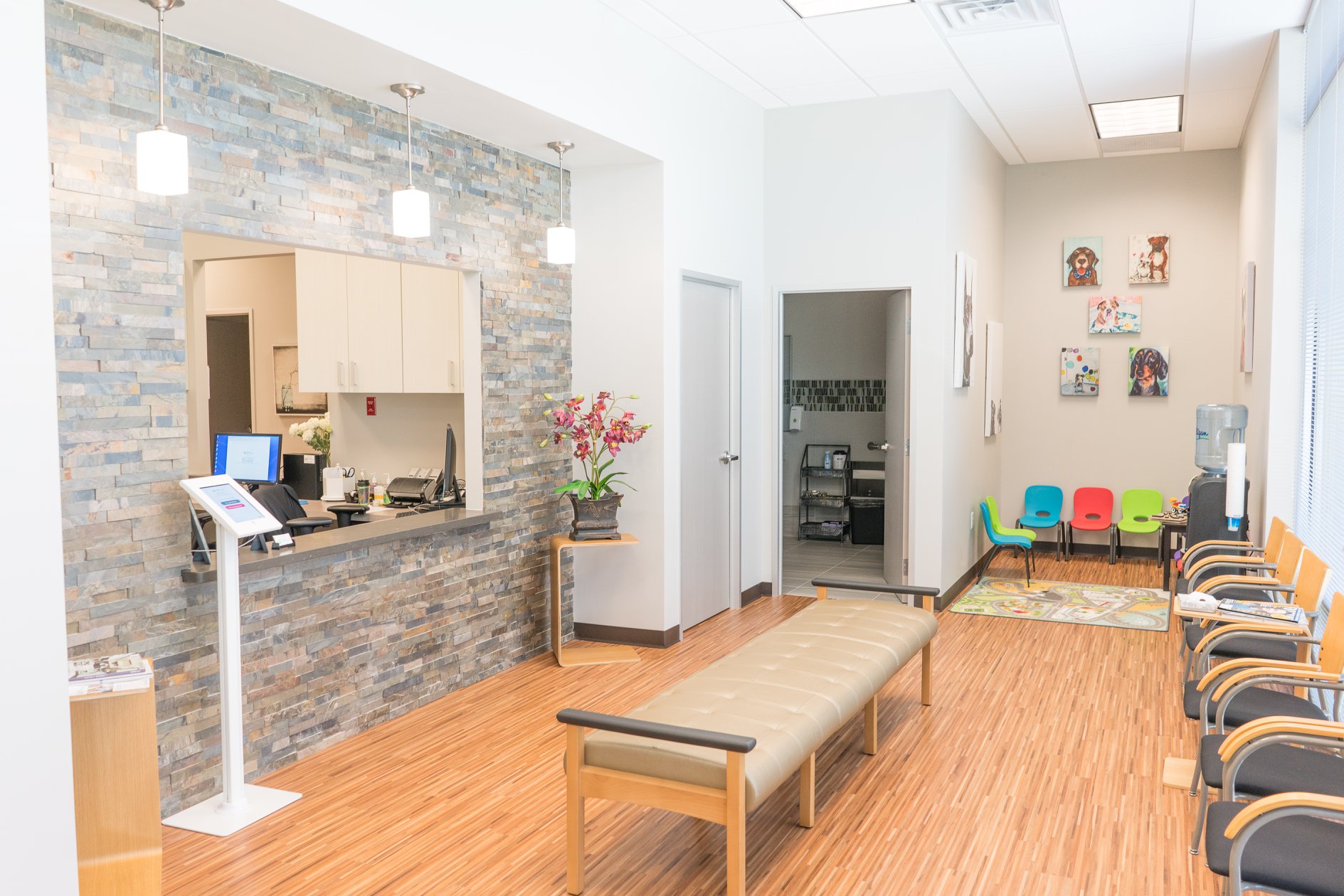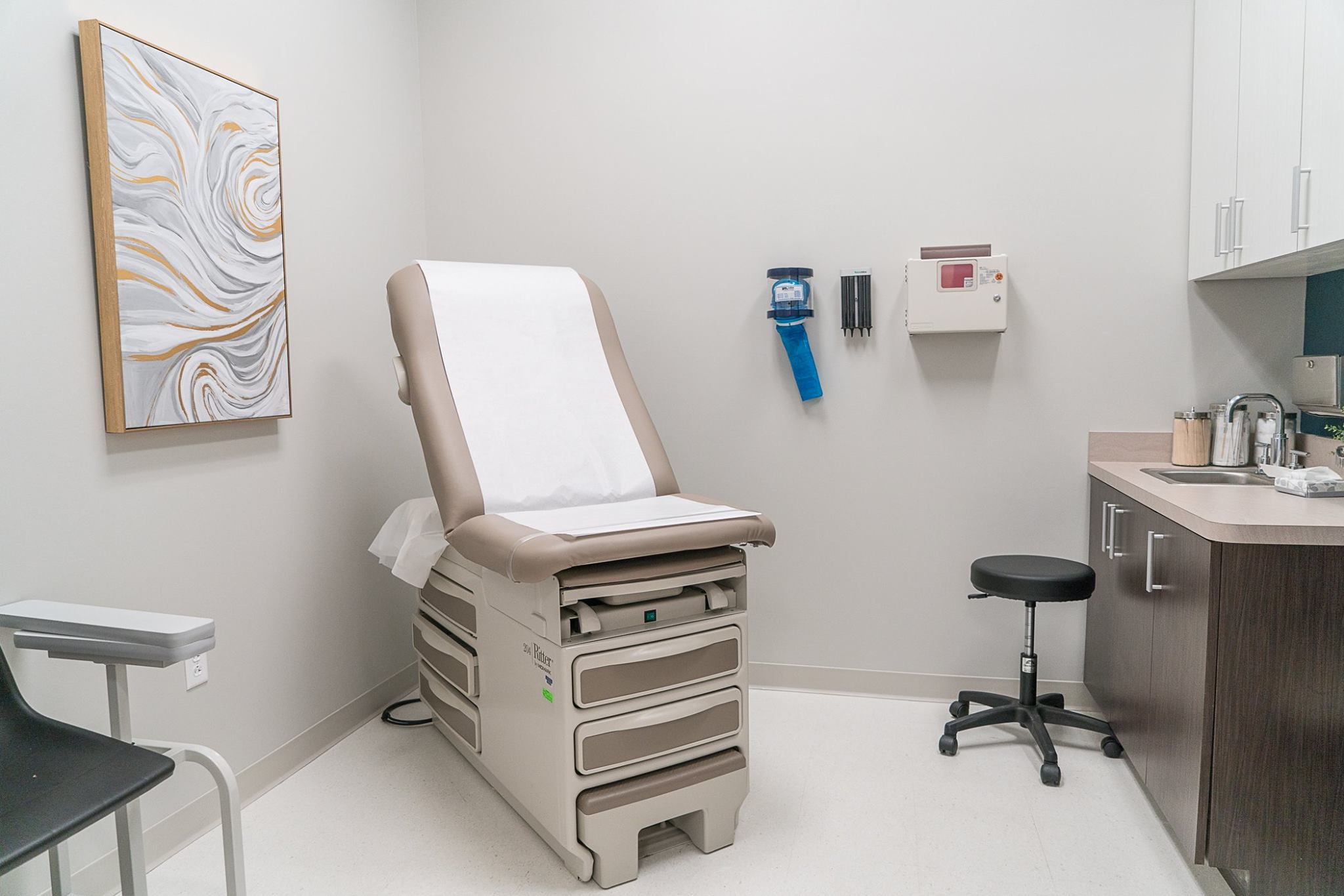Project Description
WHAT IS HYPERTENSION?
The term “heart condition” can seem very daunting. But the term is a broad one used to describe a large number of conditions varying in severity and potentiality for serious complications. One of these conditions is high blood pressure, also commonly referred to as hypertension. Hypertension can cause a series of symptoms, some of them very uncomfortable, and most of which should be addressed in a medical capacity. University Urgent Care in Fort Worth, TX is open seven days a week with a staff of care providers, readily equipped to treat your hypertension symptoms. Our facility is conveniently located and easily accessible to the Frisco Heights, Paschal, TCU, and Tanglewood neighborhoods.
WHAT ARE THE WARNING SIGNS OF HIGH BLOOD PRESSURE?
Hypertension or high blood pressure is a chronic heart condition that occurs when blood is pumped through the artery walls with more force than usual. 65% of Americans 60 years of age and older are currently experiencing some degree of hypertension. African Americans, obese individuals, and those who smoke, drink excessively, and do not exercise are at an increased risk of suffering from high blood pressure. Hypertension appears to be hereditary and commonly afflicts multiple generations of a family. The warning signs of high blood pressure include:
- Dizziness
- Shortness of breath
- Nosebleeds
- Fatigue
- Chest pain
- Headaches
- Stroke
WHAT SHOULD I DO IF I HAVE HIGH BLOOD PRESSURE?
The symptoms mentioned above could be a warning sign that your blood pressure is high. These symptoms should not be taken lightly, as untreated hypertension can lead to very serious, potentially life-altering conditions. Treatments for blood pressure will be personalized according to your diagnosis of either primary or secondary high blood pressure. Treatments for the two are as follows:
Primary High Blood Pressure – Lifestyle changes, including maintaining a healthy weight, exercising, limiting alcohol intake, learning to better cope with stress, and prescription medication.
Secondary High Blood Pressure – Addressing underlying conditions, adjusting prescription medications, and changing prescription blood pressure medication dosage.
HOW IS HYPERTENSION TREATED?
Upon your arrival to University Urgent Care, we will determine if your condition is life-threatening. If so, you will be escorted to the emergency room. If your symptoms appear to be non-life-threatening, we will begin assessing your symptoms and medical history and discuss any medications you may be taking. A full evaluation for high blood pressure symptoms will likely include digital chest x-rays as well as possible blood work and further testing. Expect on-site lab testing from the staff at University Urgent Care for accurate and convenient testing for Hypertension.
WE ARE HERE FOR YOUR HEART
Heart conditions, including high blood pressure or hypertension, can be very serious and at times, anxiety-inducing to discuss. We want you to know that our University Urgent Care medical team is highly skilled and qualified to handle your hypertension condition with confidence. Never ignore the symptoms of high blood pressure. If you are experiencing signs and symptoms similar to those discussed above, we encourage you to stop by our Fort Worth, TX facility at your earliest convenience. We are open seven days a week and are prepared to address your concerns and prevent a potentially dangerous, and without a doubt, more serious heart condition.






